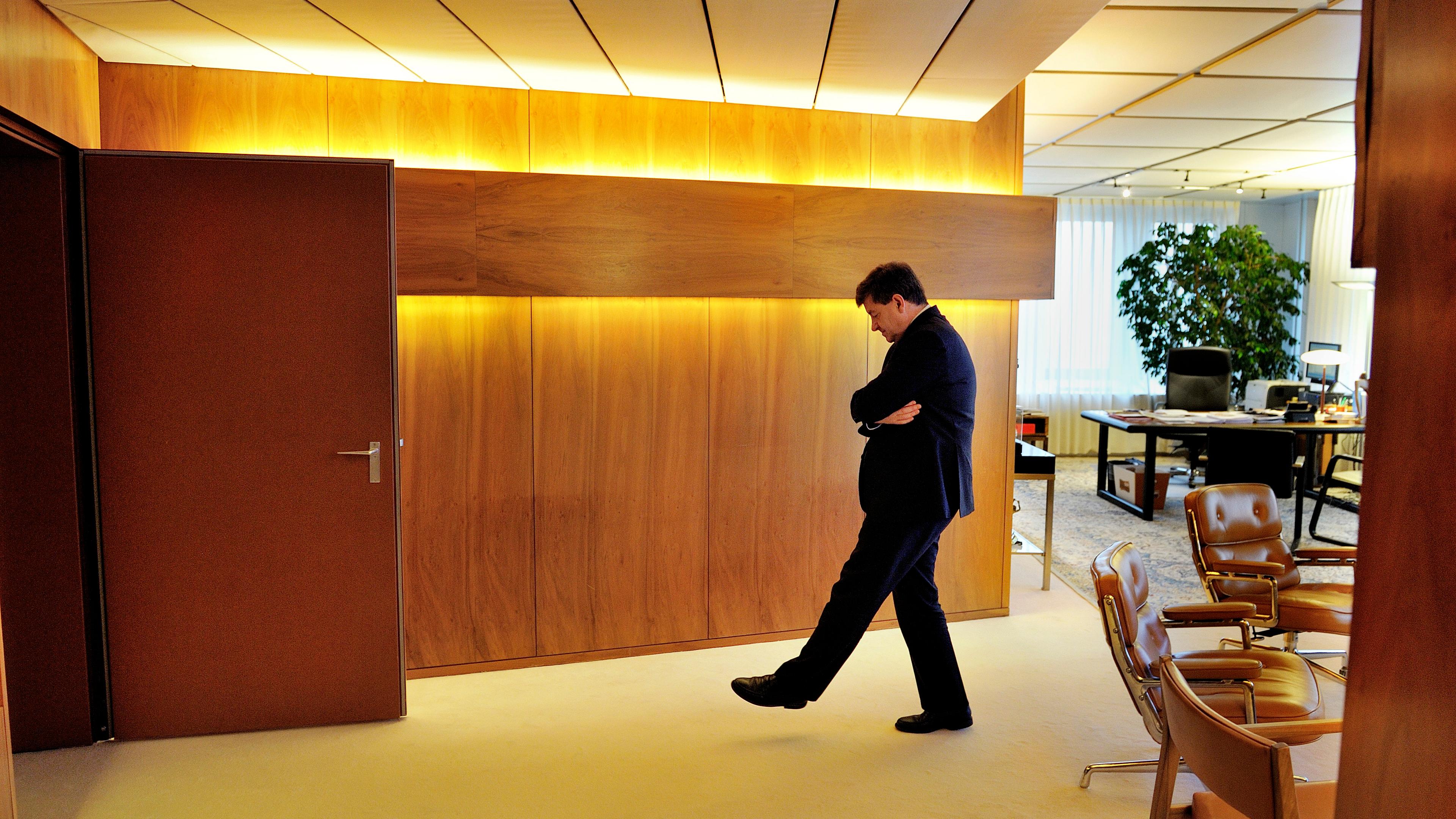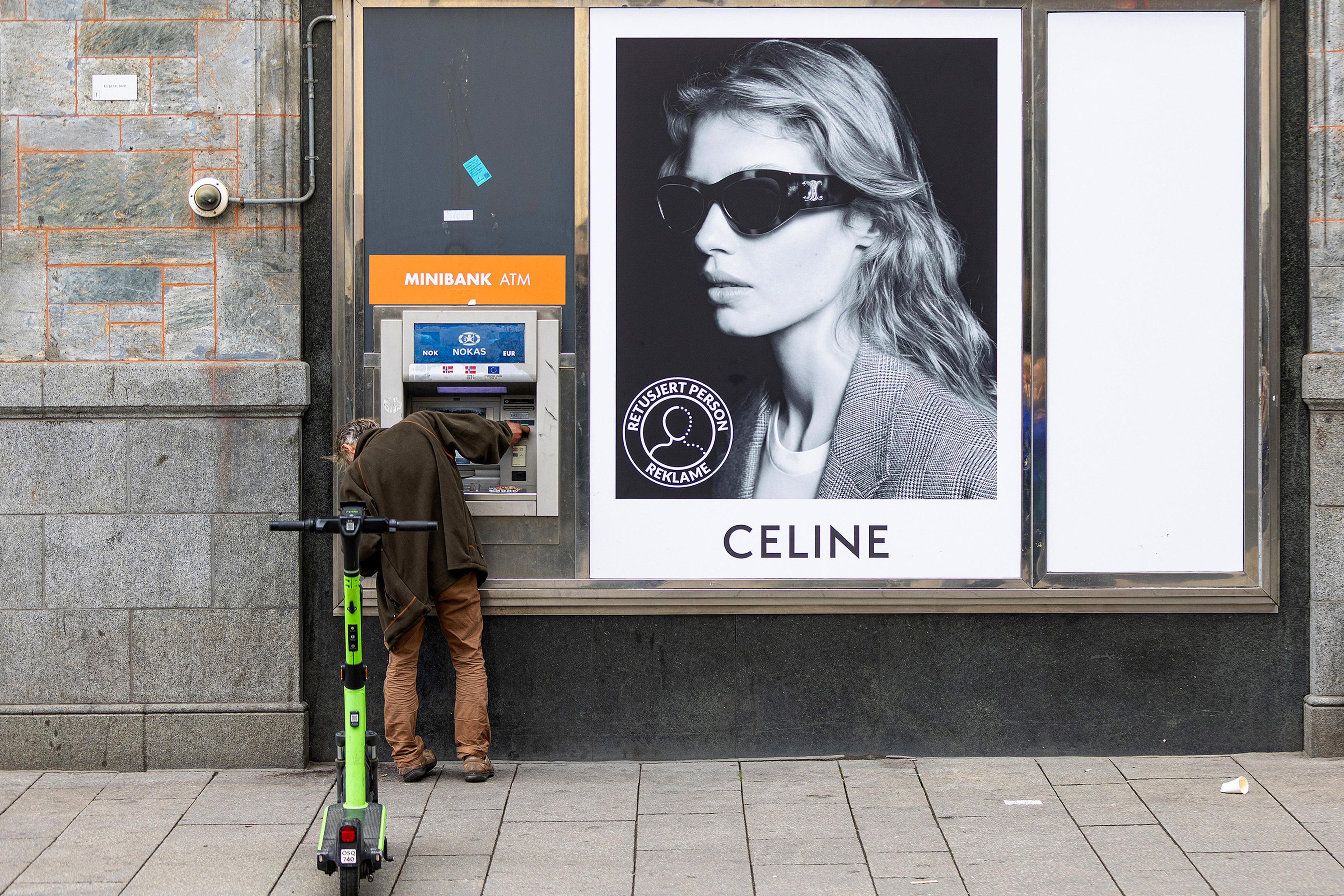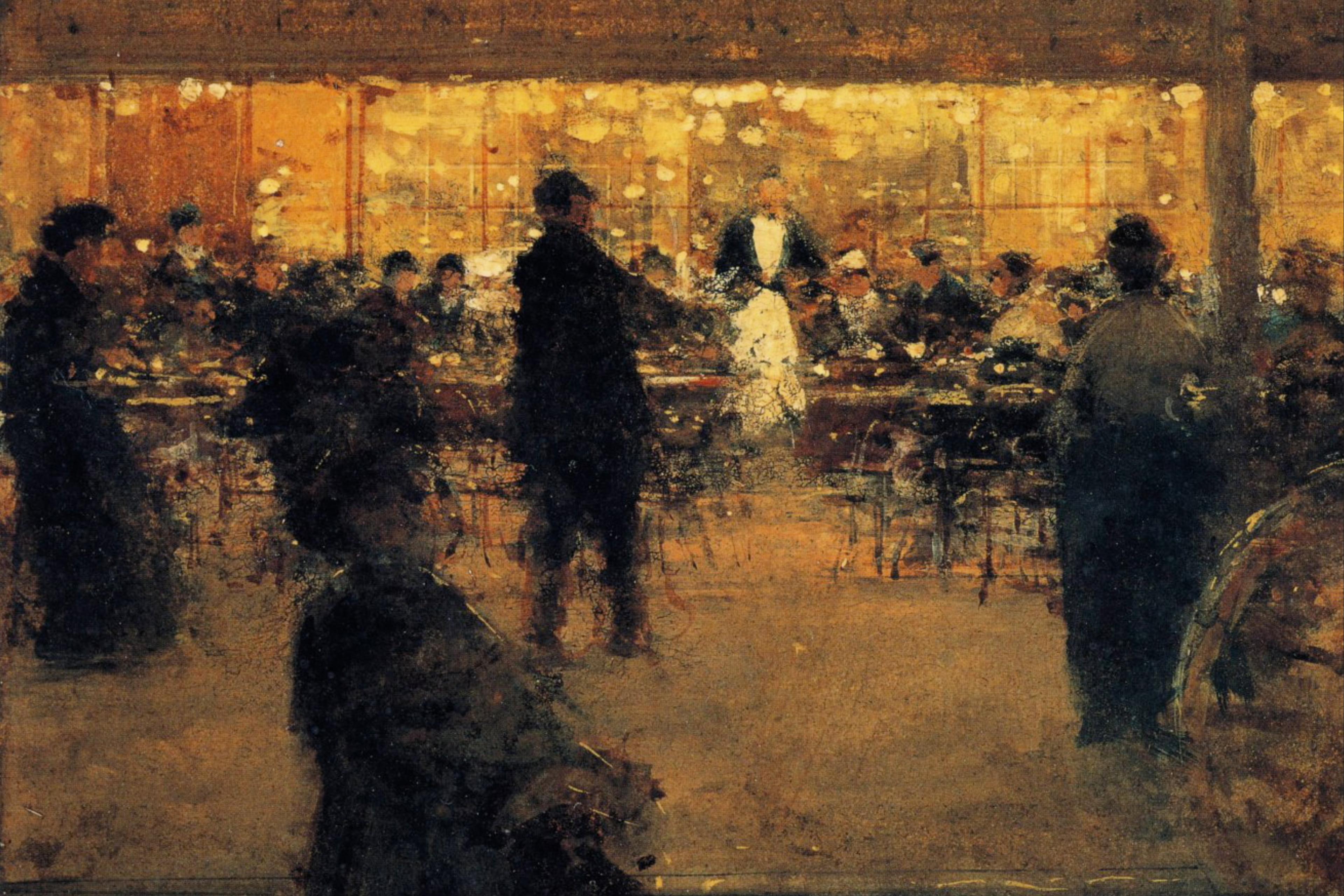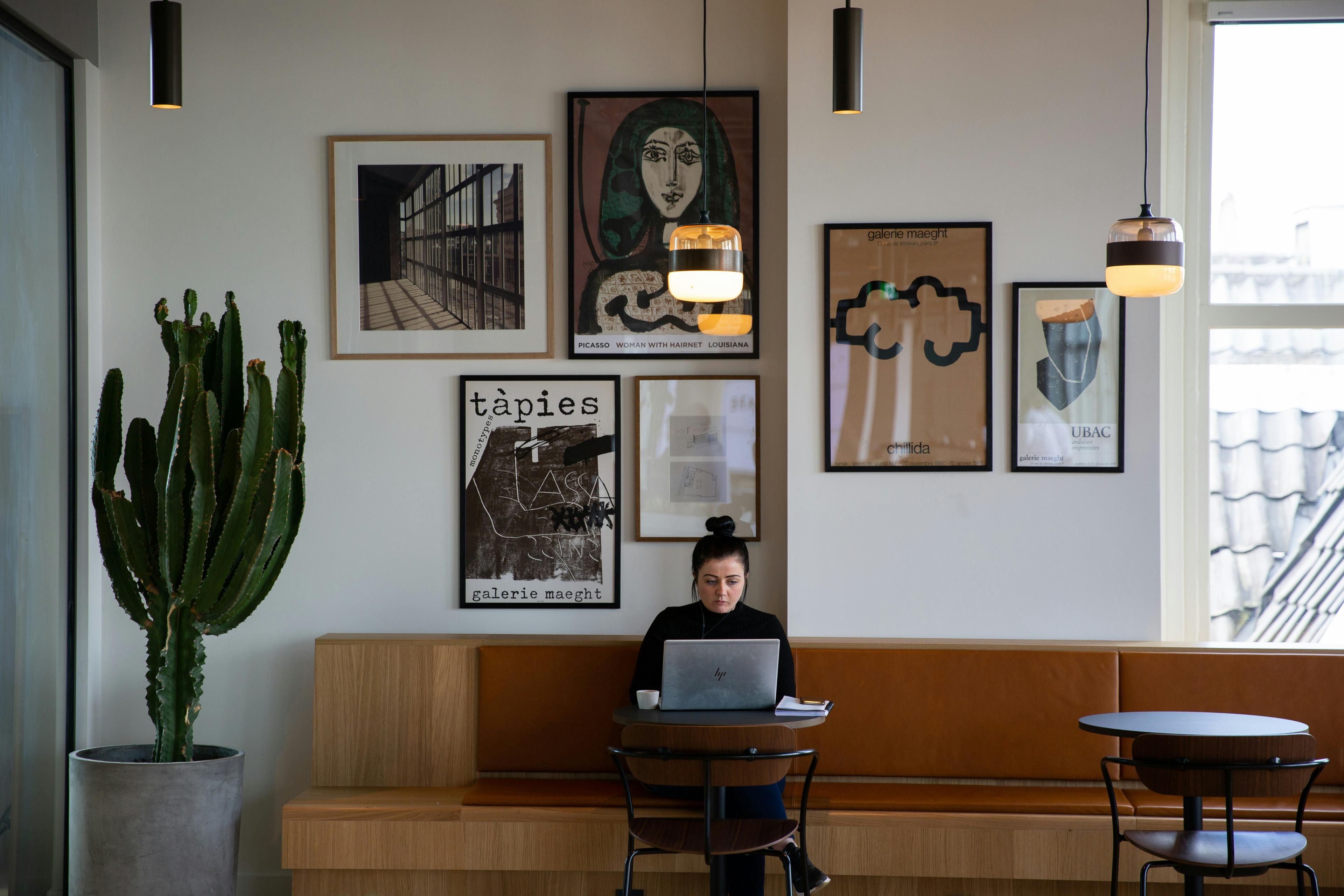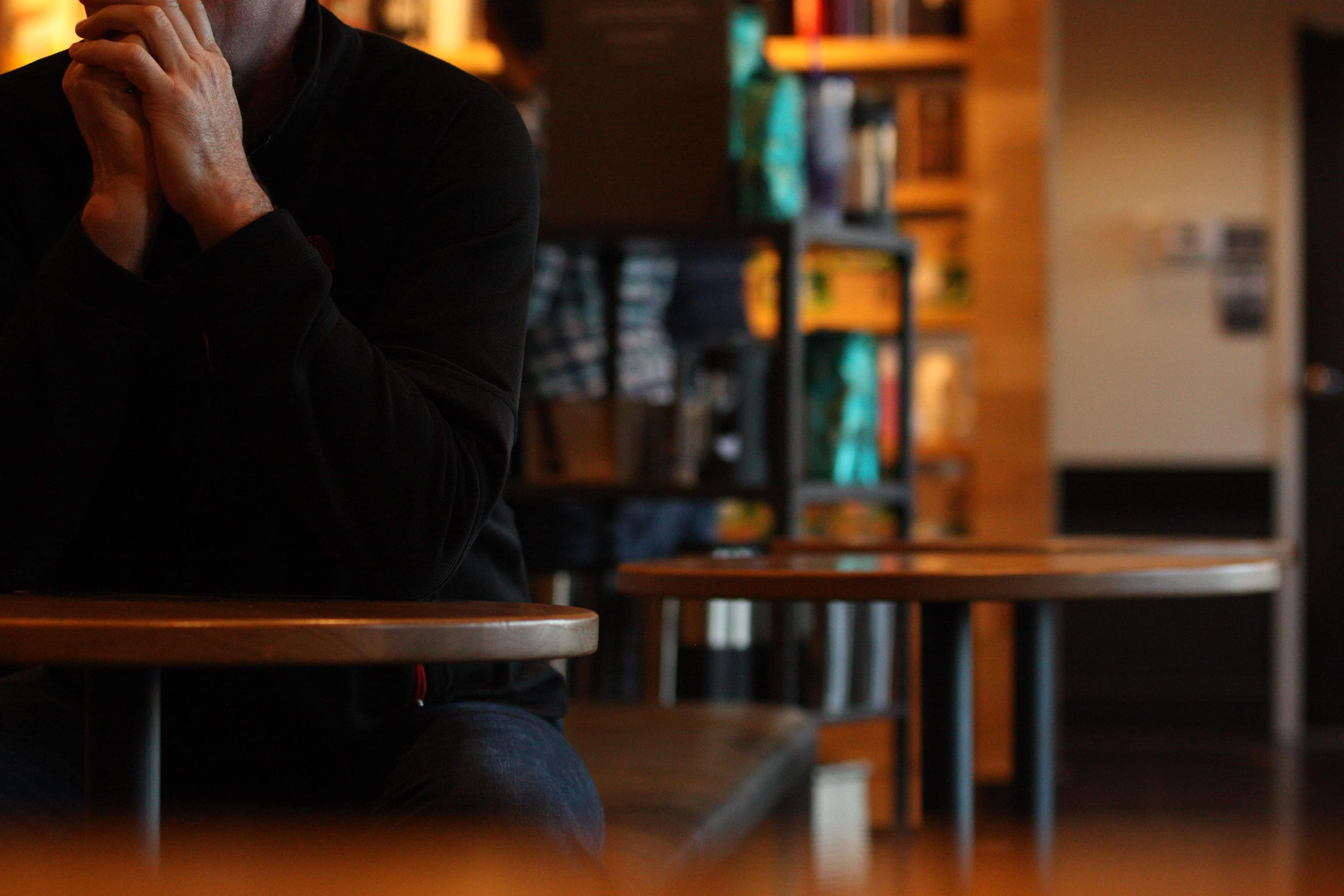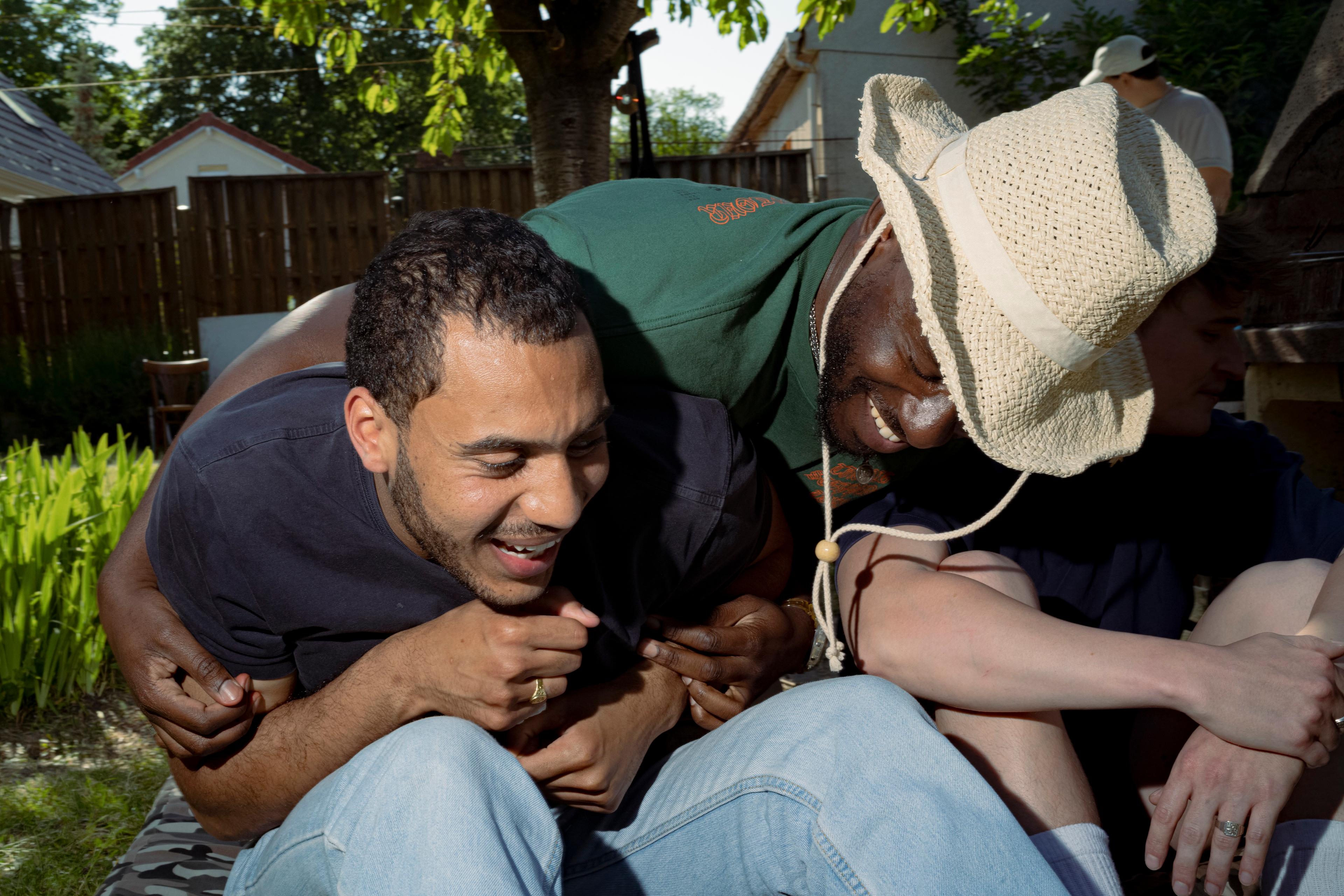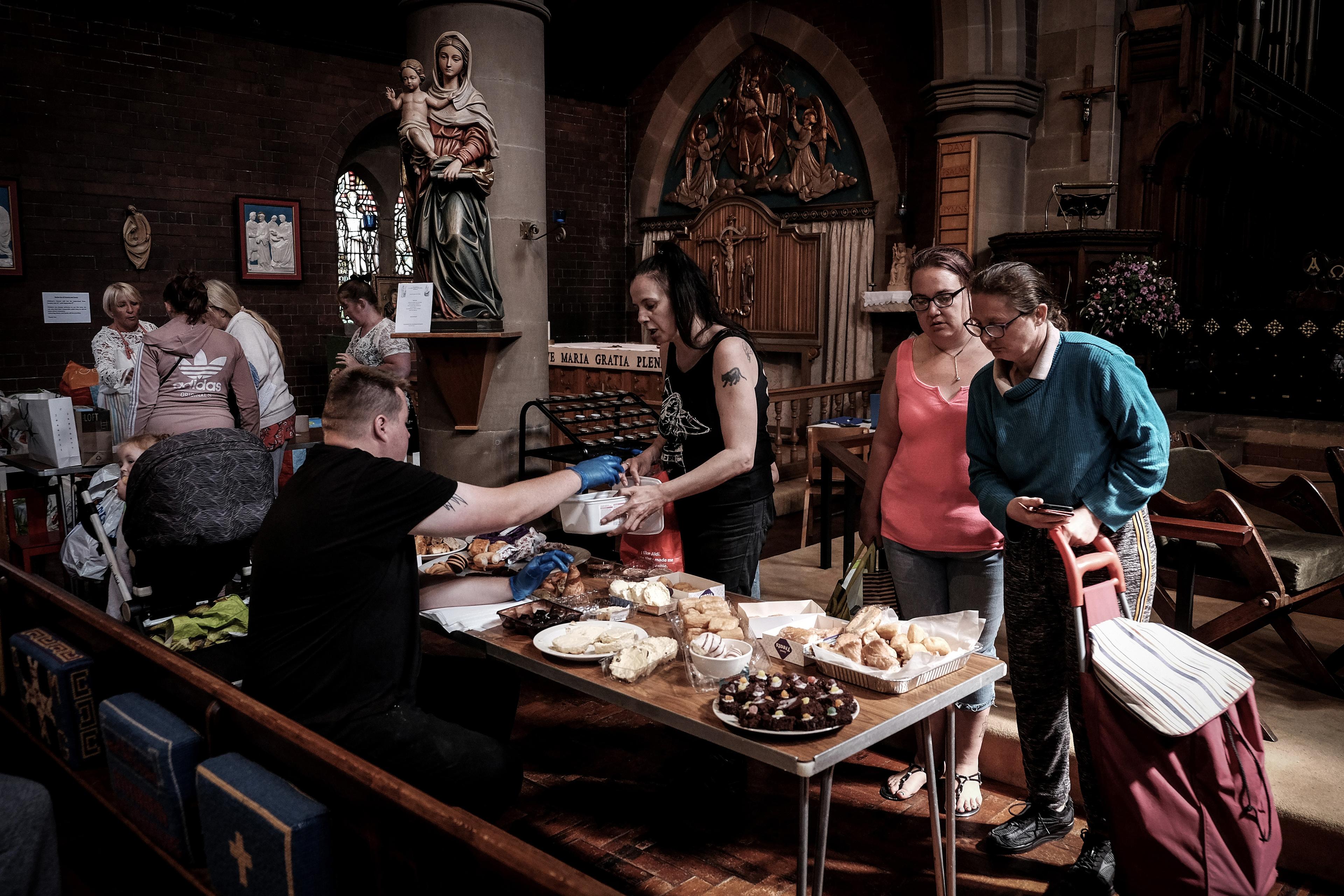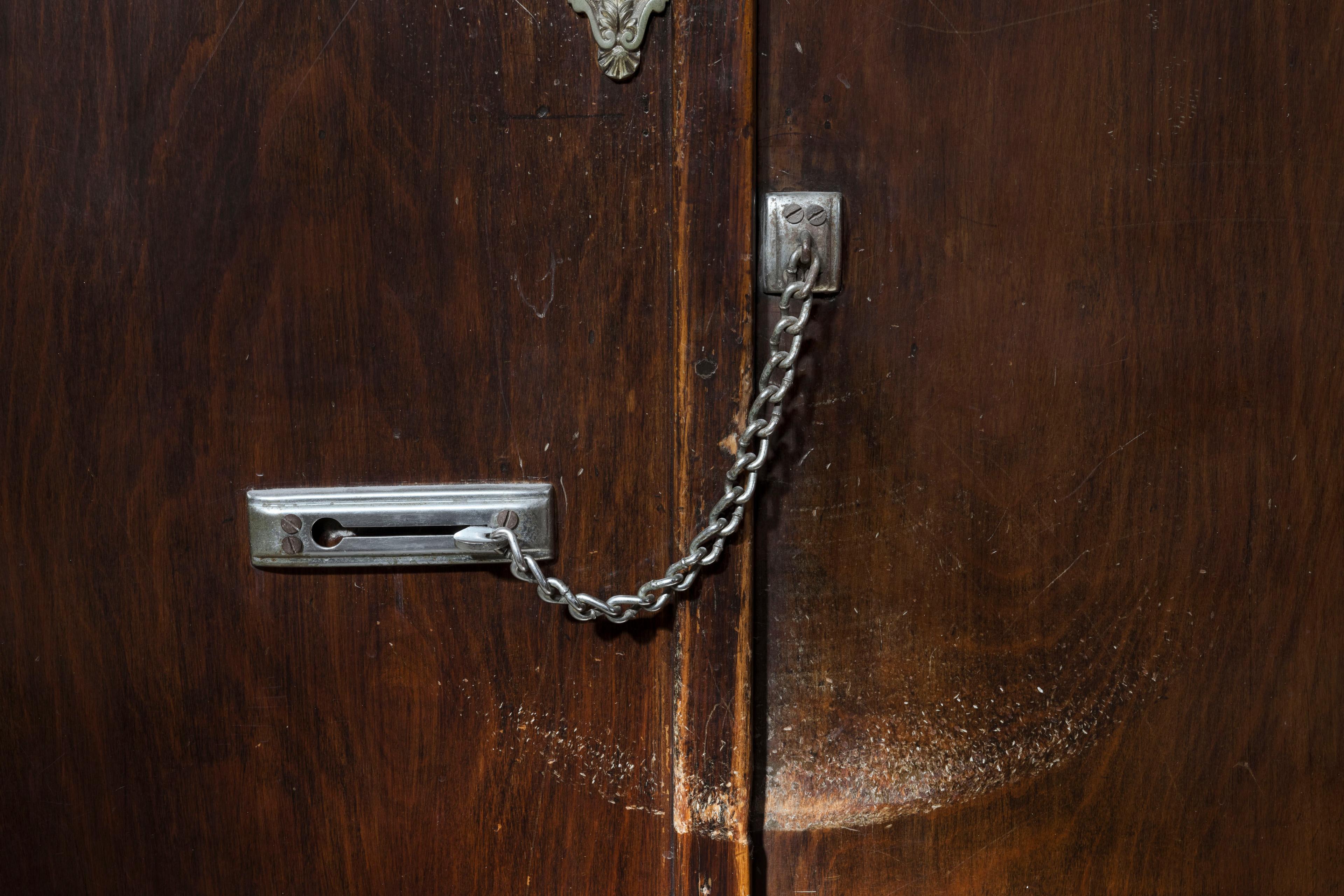Folk wisdom suggests that if you expect the worst, then you won’t be disappointed. This advice is pervasive; it can drive meteorologists to over-promise rain and companies to overestimate delivery times. Expecting rain might prompt people to carry an umbrella, while receiving a package ‘early’ might lead to a five-star review. Is it wise, however, to ‘expect the worst’ when it comes to anticipating events in our personal lives?
Expecting the worst to avoid feeling bad later is known as bracing. People report bracing to help them prepare for emotionally challenging situations, particularly in the moments before these situations occur. People brace for the worst while waiting for a range of potentially negative outcomes, such as exam grades, medical test results, or financial outcomes. Someone might also brace for the worst in anticipation of stressful events, such as giving a presentation at work or having a difficult conversation with a loved one.
The idea that bracing can be helpful is built into the meaning of the word: ‘to make something stronger or firmer’, such as a structure or a person. But research from psychology offers a more complex answer to the question of whether bracing is a useful thing to do.
Some psychological theories suggest that bracing should help. For example, ‘decision affect theory’ proposes that how we feel about a situation is determined partly by comparing what actually happened with what could have happened. Based on this idea, people should be happy when an event exceeds their expectations, and disappointed when an event falls short of their expectations. Therefore, expecting the worst should protect someone from feeling bad in the future, because any outcome will likely surpass expectations.
But other psychological theories undermine the idea that bracing will be helpful. It has been theorised – and empirically established – that expectations can powerfully influence reality. (This premise underlies many bestselling books and helps explain the placebo effect.) There are two key ways that expectations can shape reality. First, people may behave in ways that fit with their expectations. If you expect to fail an upcoming test or interview, then you might not bother to spend much time preparing for it, which in turn reduces your chances of doing well. Second, people may interpret a situation in line with their expectations. Imagine you believe you are insufficiently qualified for a job you’ve applied for. During the job interview, you’re likely to interpret blank expressions from the panel in line with this belief, which could negatively affect your interview performance. In actual fact, the panel likely did not want to give anything away – a conclusion you might have drawn with more positive expectations of the situation. In sum, the influence of expectations on reality suggests that it might be better to hold positive expectations than to brace for the worst.
If psychological theories suggest conflicting answers about whether bracing is helpful, what have research studies found? Before we dive into this research, it’s important to note that bracing can affect how people feel at two distinct points in time: before an outcome is known, and afterward.
Let’s look first at the effects of bracing on how someone feels before an outcome is known. Researchers have investigated how people’s expectations about important exam results relate to how positive or negative they feel while they wait. These studies suggest that holding negative expectations (eg, I’m going to bomb this exam) makes people feel worse than holding positive expectations (I studied hard, so I know I will do well on this exam). In other words, bracing seems to have emotional costs while someone is awaiting an important outcome. These costs likely occur for several reasons: negative expectations might elicit worry by reminding you of what’s at stake if you do ‘bomb’, or could result in you feeling bad about yourself because you see yourself as someone capable of performing badly.
The effects of bracing on how people feel after learning an outcome are more complicated. Some research suggests bracing may have short-lived emotional benefits. In one study, university students who expected and received a negative outcome on their exam grades felt better immediately after receiving them than those who expected a positive outcome and received a negative one. The authors of the study therefore conclude that it’s risky to be optimistic just before receiving an outcome, at which point the outcome is out of your control.
However, research in other domains challenges the supposed benefits of bracing. In a series of four experiments on social exclusion, researchers found that being excluded was similarly painful regardless of whether participants expected it or not. One possibility, noted by the researchers, is that bracing has no effect in this particular situation because reactions to being socially excluded may be relatively automatic and difficult to change. Yet work on ‘trigger warnings’ paints a similar picture, showing that when people are warned that upcoming content will be negative or distressing in nature, they feel no different after viewing the content than when they were not warned.
Despite mixed evidence on the immediate benefits of bracing, research consistently suggests that bracing does not have more lasting benefits. When students were asked to rate how they felt about their exam grades 24 hours after receiving them, there was no difference between students based on whether they had held positive or negative expectations about their grades. Similarly, the extent to which students ‘braced’ – as measured by the decline in their expectations from two weeks before the exam to one day before – did not predict how they felt two days after receiving their exam grades.
In recent studies conducted in my lab, led by Elise Kalokerinos, we gained further insight into bracing by investigating the effects of feeling negative in anticipation of either learning an outcome or going through a stressful event. We used an in-depth method called experience sampling, which involves surveying people several times a day over a set length of time. This method is powerful because it allows us to determine what predicts changes in how a person feels, relative to how they normally feel. In doing so, we can control for all the reasons why one person might feel different from another, such as personality traits, mental health differences, or how generally optimistic or pessimistic someone is.
In one study, we followed university students for two and a half days as they awaited exam results that would determine whether they could continue with their degrees. We then followed these same students for another six and a half days after they received their grades. We found that when students felt more negative than usual as they waited for their exam grades (consistent with bracing), they also felt more negative than usual during the week after receiving their grades. This result occurred regardless of how well students actually did on the exam – contrary to the idea that bracing should be particularly helpful for coping with negative outcomes.
In another study, we followed people as they navigated learning about and completing a stressful public speaking task. We found that feeling negative in the lead-up to this task seemed to make people feel worse immediately after the task, but not once they left the lab where the task took place. In other words, the harmful effects of negative anticipation were short-lived. Although some of the specific findings differed between our studies, we never found that feeling negative in advance of an outcome was helpful after the outcome was known, counter to the proposed benefits of bracing.
Drawing together the scientific studies, it seems like expecting the worst is an unwise way to prepare for upcoming news or results. Bracing appears to make people feel worse as they wait, with little to no benefit – and, potentially, emotional costs – after they receive what they are waiting for.
But awaiting important if uncertain news and preparing for stressful events are inescapable parts of our lives. If it’s time to move on from the folk wisdom that tells us to brace for the worst, what strategies could you use instead? Here are a few evidence-based ideas:
- Favour optimism, particularly when you have control over an outcome. Returning to the link between expectations and reality, researchers recently found evidence that having positive expectations about an outcome means one is more likely to put effort into achieving that outcome. Of course, you don’t necessarily want to assume you’ll get a positive outcome without putting in the work, but it’s better to be optimistic than to expect the worst.
- Try not to spend your energy figuring out what the outcome might be, especially if you lack control over the outcome or you’re currently waiting to find out what the outcome is. Instead, you could try distracting yourself from the situation, for example by watching a TV show, doing exercise, or catching up with a friend. You could also try to acknowledge and accept how you feel about the situation, without trying to change it. These are both helpful ways of managing emotions.
- Open up to those around you. If you let people know that you’re waiting for an important outcome that could turn out badly, they can be ready to offer support when you receive the outcome.
If you do find yourself bracing for the worst, try to limit it – ideally, waiting until right before the moment when you learn an outcome – in order to reduce the emotional costs of this strategy. In light of what the psychological research tells us, it seems that the Stoic philosopher Lucius Annaeus Seneca had it right when he issued this relevant warning: ‘It is tragic for the soul to be apprehensive of the future and wretched in anticipation of wretchedness. … What madness it is to anticipate one’s troubles!’
